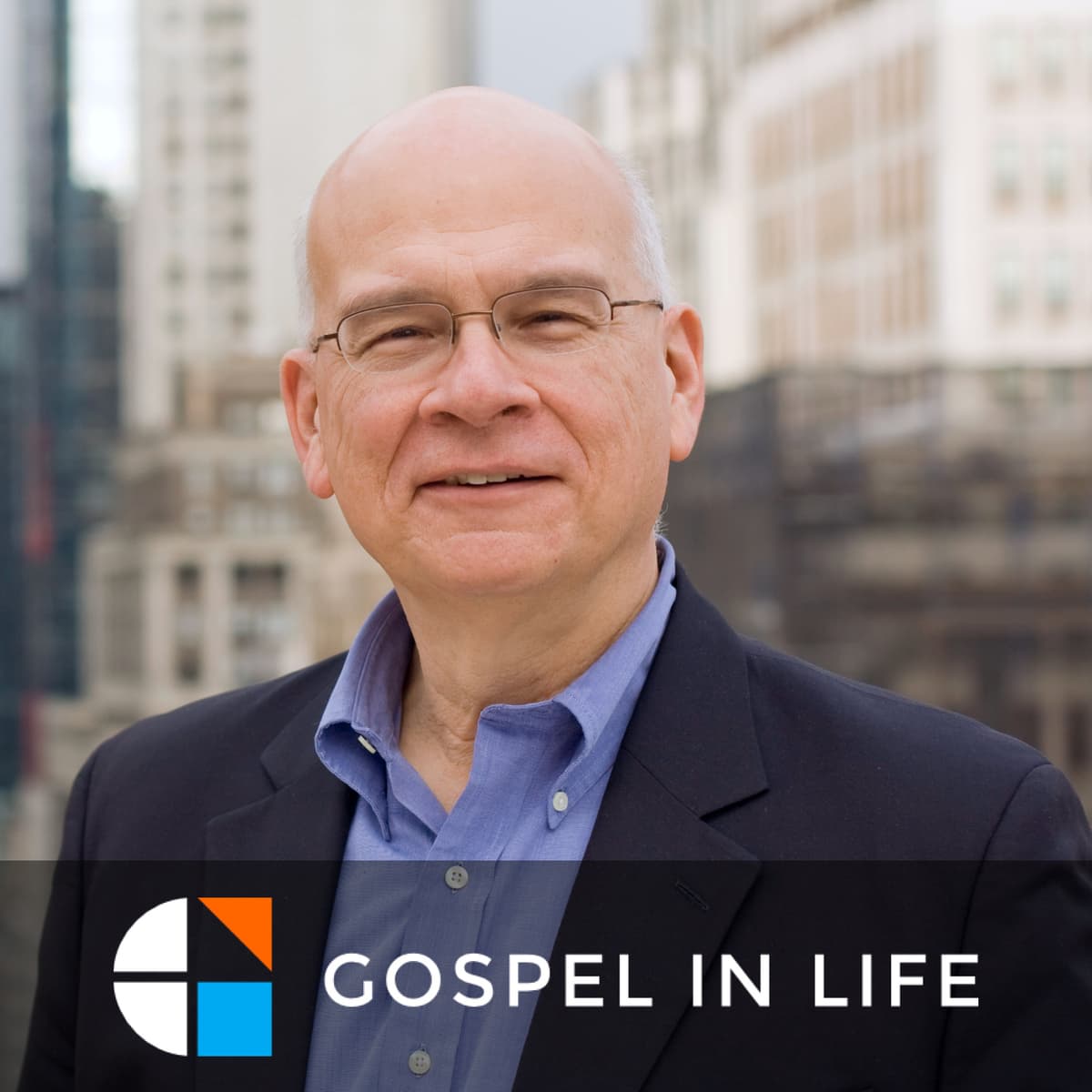Timothy Keller Sermons Podcast Summary: "Family: Our Father"
In the February 1, 2025 episode of the Timothy Keller Sermons Podcast by Gospel in Life, Tim Keller delves deep into the transformative power of prayer within the Christian life. Titled "Family: Our Father," Keller explores how prayer serves as the foundation for knowing God, understanding oneself, and experiencing personal transformation. This comprehensive summary captures the essence of Keller's teachings, highlighting key discussions, insights, and conclusions, enriched with notable quotes from the sermon.
1. The Essential Role of Prayer in the Christian Life
Tim Keller begins by asserting the paramount importance of prayer for Christians. He emphasizes that prayer is not merely a religious duty but the key to everything a Christian should do and be.
"Prayer is the key to knowing yourself. Prayer is the key to changing yourself. Prayer is the key to knowing God."
[02:30]
Keller stresses that without prayer, Christians cannot attain true self-knowledge, genuine transformation, or a personal relationship with God. He underscores that prayer is the conduit through which believers interact intimately with the divine.
2. Understanding Prayer as Communication
Keller differentiates between knowing about God and knowing God personally. He likens prayer to communication, highlighting its role in fostering a personal relationship rather than just an intellectual understanding.
"To know somebody, you have to spend time with them. If you're a Christian, prayer is essential to have a deep relationship with God."
[00:03]
He underscores that prayer is the means by which Christians enter into a personal dialogue with God, moving beyond mere knowledge to an intimate acquaintance.
3. The Depth of the Lord's Prayer
Delving into the Lord's Prayer, Keller explains its profound significance and the biblical teachings encapsulated within each phrase. He points out that the prayer is not just a template but a reflection of comprehensive biblical doctrine.
"The Lord's Prayer is almost certainly the most... it's Jesus' answer to the question, how do you pray."
[07:15]
Keller elaborates that each line of the Lord's Prayer draws from a vast array of Scriptural teachings, making it a powerful model for authentic and biblically grounded prayer.
4. Adoption: Becoming Children of God
A significant portion of Keller's sermon focuses on the concept of adoption as described in Galatians 3:26-7. He explains that through faith in Christ, believers are adopted into God's family, gaining full access as His children.
"As long as an heir is underage, he is no different from a slave... but when the time set had fully come, God sent his son..."
[02:45]
Keller breaks down the meaning of adoption, highlighting that it involves receiving an inheritance, gaining access to God's love and protection, and acquiring a new identity as His child.
5. The Significance of Being Heirs
Expanding on the theme of adoption, Keller discusses what it means to be heirs of God. He contrasts earthly inheritance, which is often linked to performance and merit, with the divine inheritance granted through Christ.
"Our inheritance is glory. We're going to get the glory that Jesus Christ secured."
[17:30]
He paints a vivid picture of the assured future glory awaiting believers, emphasizing that this inheritance is not earned but is a gift secured by Jesus's sacrifice.
6. Access and Intimacy with God
Keller highlights that adoption by God grants believers unparalleled access to His love, attention, and protection. He draws parallels between earthly parent-child relationships and the divine relationship Christians have with God.
"Because of who I am, because I'm your child, I have access to you that nobody else in the world does."
[25:10]
He explains that this access is both a privilege and a responsibility, fostering a deep sense of intimacy and dependence on God.
7. Freedom Through Adoption
Challenging conventional understandings of freedom, Keller argues that true freedom comes from being adopted into God's family. He contrasts the enslavement to self-sufficiency and performance with the liberation found in divine sonship.
"Ultimate freedom is when you desperately want to and delight to do the thing you ought to do and the thing you're built to do."
[36:45]
Keller asserts that this freedom is a direct result of understanding one's identity as a child of God, transforming duty into joyful choice.
8. Practical Implications for Prayer Life
Concluding his sermon, Keller offers practical guidance on enhancing one's prayer life. He encourages believers to approach prayer with humility, confidence, and intimacy, fully embracing their identity as God's children.
"To pray Our Father means I don't deserve this. But secondly, to pray our Father means I know you're going to hear me."
[31:50]
He emphasizes that recognizing the cost of adoption and the depth of God's grace should transform how Christians engage in prayer, making it a life-empowering practice.
Conclusion: Empowering the Prayer Life
Tim Keller's "Family: Our Father" sermon is a profound exploration of the foundational role prayer plays in the Christian life. By understanding prayer through the lens of adoption into God's family, believers are invited to a deeper, more intimate relationship with Him. Keller's insights not only elucidate the theological underpinnings of prayer but also offer practical steps to make prayer a transformative and empowering practice.
For those seeking to enrich their prayer life, Keller's teachings provide a roadmap grounded in biblical truth and personal transformation. This sermon serves as a compelling reminder that prayer is not just a ritual but the very essence of living as a child of God.
Note: While the podcast includes segments by other speakers (denoted as Speaker A), this summary focuses exclusively on Tim Keller's teaching segments (Speaker B) to provide a clear and concise overview of the sermon content.
